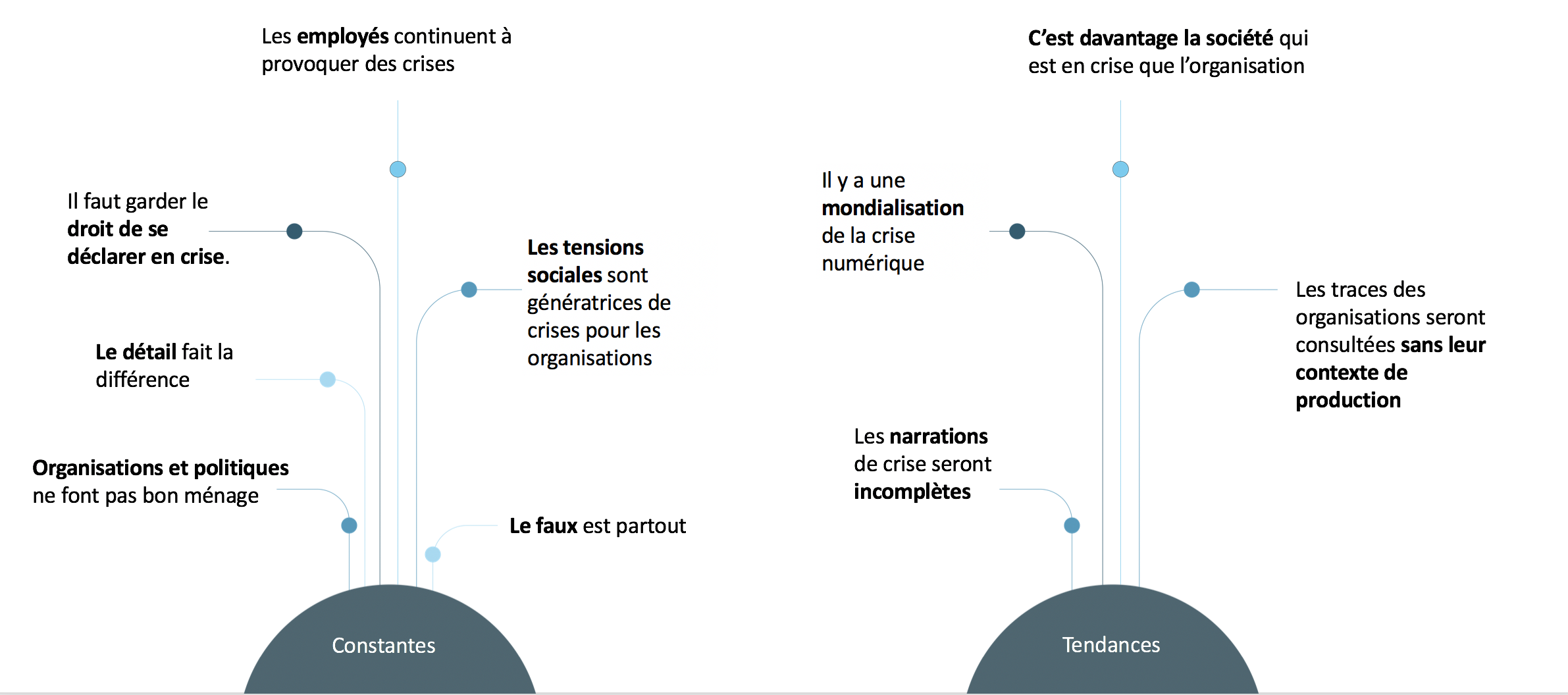Sommaire
Lessons from the digital crises of 2018
Based on the digital crises of 2018, I identify the following lessons:
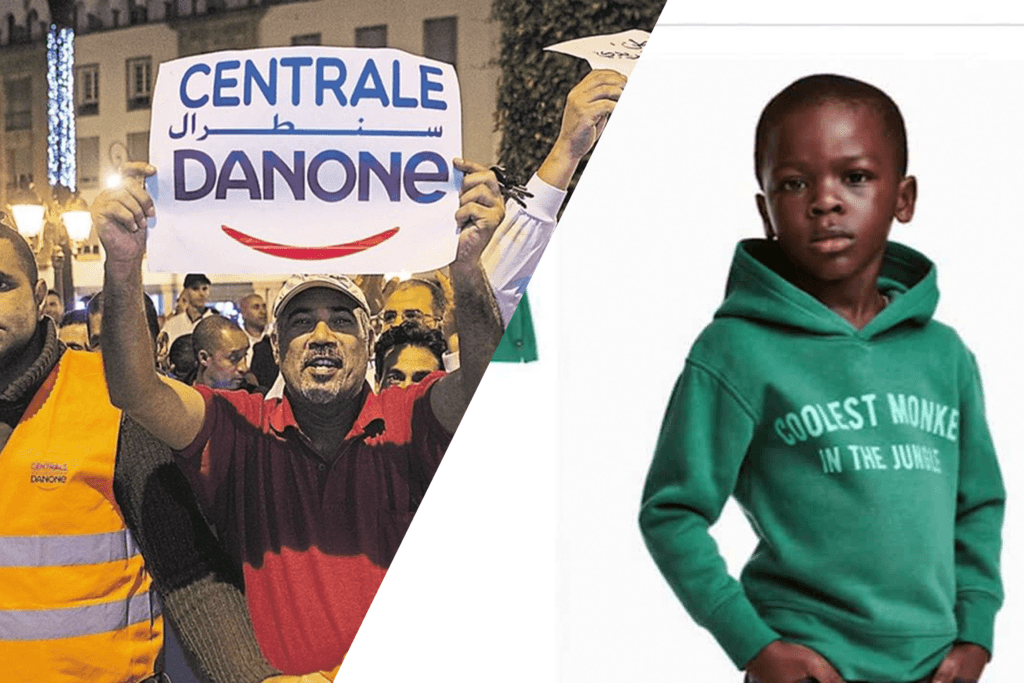

Apologies have lost their effect
Increasingly, we notice that taking responsibility and apologizing is no longer synonymous with understanding and appeasement. On the contrary, it is seen as an admission of guilt in the grand court of social media. Since apologies are no longer effective, organizations and individuals may be better off avoiding them during the acute phase and issuing them later in the crisis recovery phase.
Beware of decontextualization of records
I have already had the opportunity to discuss this phenomenon in previous years, but it was proven once again this year: one of the biggest potential concerns for organizations will be their history of digital traces. Every day, organizations leave traces across digital spaces. These traces are produced in a very specific context, but this context will not be available to the receiver in the coming years.
For instance, the case of the Port Leucate advertisement is very telling. It is one of the first advertisements by a well-known advertiser: Jacques Séguéla. It dates back over 50 years.
On the occasion of its 50th anniversary, Port Leucate decided to reuse the advertisement to celebrate the half-century. However, many internet users reacted by condemning the visual, labeling it as pedophilic.
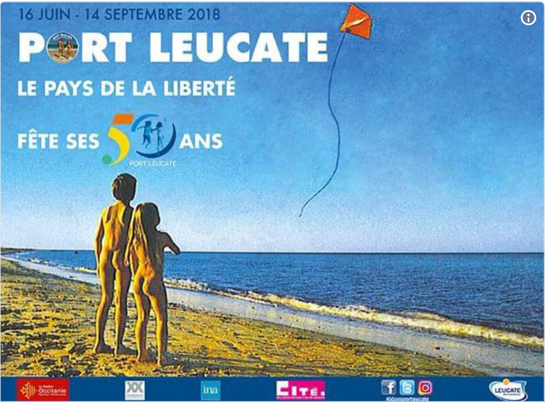
As a result, the photo was not promoted in the media or on Facebook. This clearly shows that context evolves and that digital traces without context can be interpreted differently depending on individuals.
The time of choices
Last year, I pointed out that more and more, organizations should take control and decide for themselves whether they are in crisis. It turns out that in some cases, the organization will face backlash on social media regardless of the decision it makes.
For example, the Carrefour in Chambourcy faced a double controversy. In a video, an individual demanded, "Putting Israeli dates on the 'Ramadan' stand is an affront to Muslim customers. I called the Sun distributor, which also sells Israeli dates. Please, not on the 'Ramadan' stand." Carrefour complied... but in doing so, triggered another uproar over the Israeli boycott.
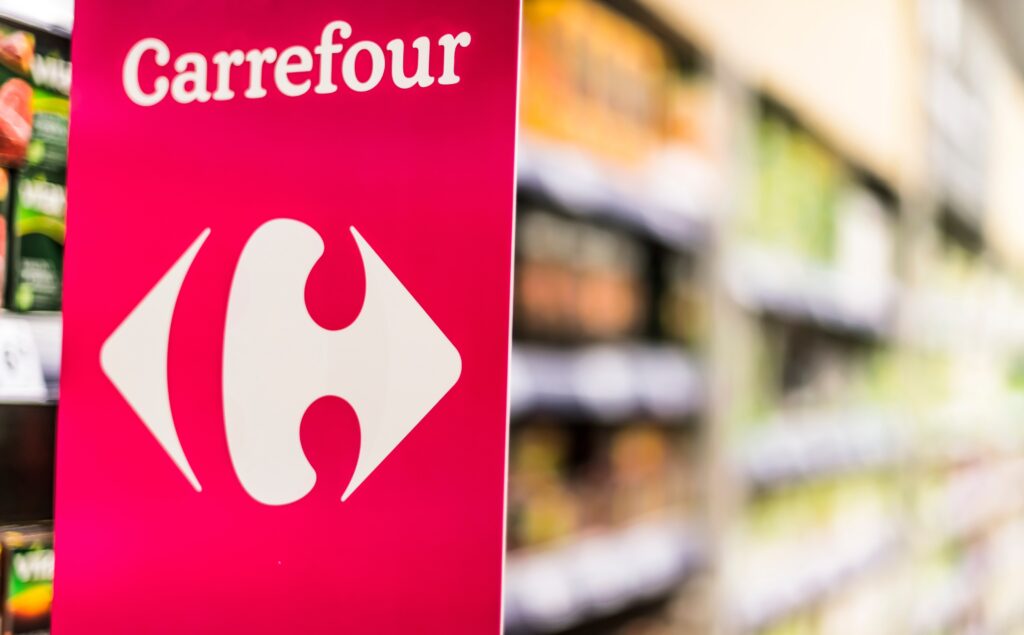
Similarly, some brands have chosen to promote inclusivity by selecting spokespeople who wear the veil, which sparked controversy. GAP, for example, chose a child wearing a headscarf:
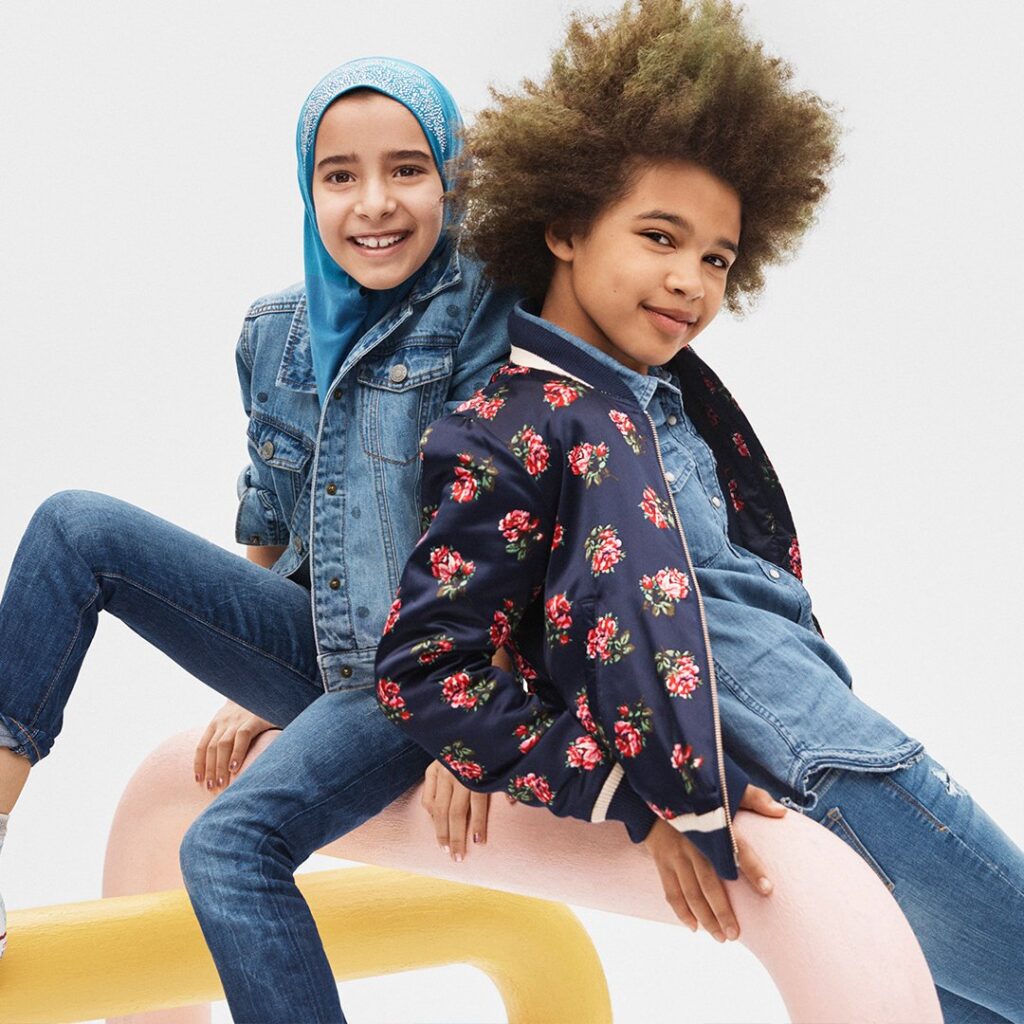
The desire to choose a representative actress from minority groups to play Ciri in the Netflix series The Witcher also caused an issue, as the character is depicted in the books and video games as a white woman with white hair.

Evian also faced backlash for using an image of a gay couple on their water bottles.
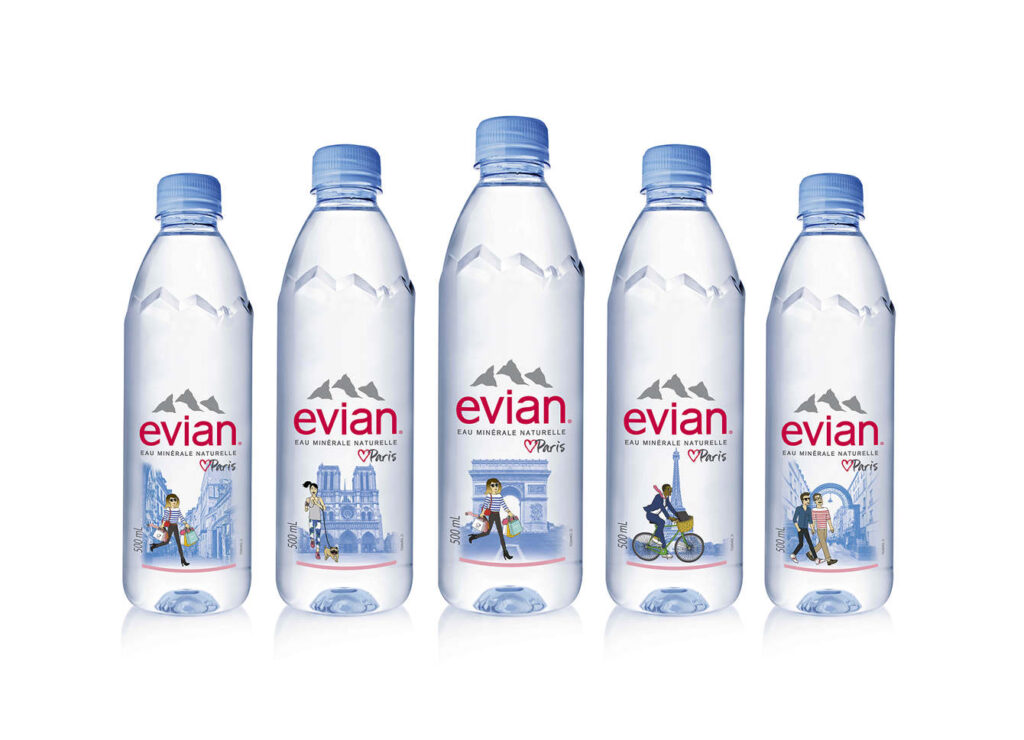
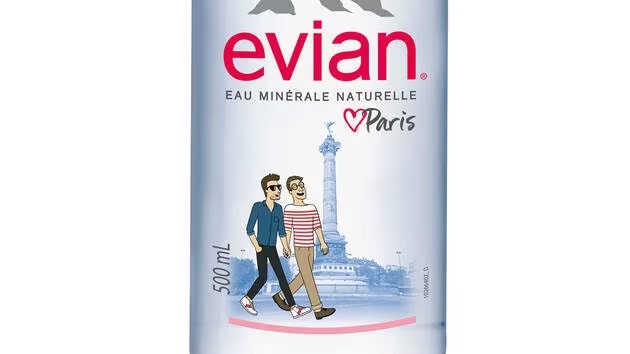
All of this confirms a lesson I identified in 2017: it is more about society being in crisis than the organization itself. As society is in tension over cultural values and markers, organizations must make choices that align with their brand values.
Fewer sexism-related crises
Another takeaway from this year is that #Balancetonporc and #Metoo have potentially had an impact, as the number of sexism-related crises has decreased. However, the proportion remains significant (15%).
The partiality of stories as crisis triggers
n an age of immediacy and tangible evidence through an abundance of videos and images, we increasingly see unjust crises where an organization is attacked over incomplete or misleading information.
For instance, when a discount store owner was filmed by M6 saying, "That one needs to be fired," viewers assumed it was a dismissal, although it wasn't.
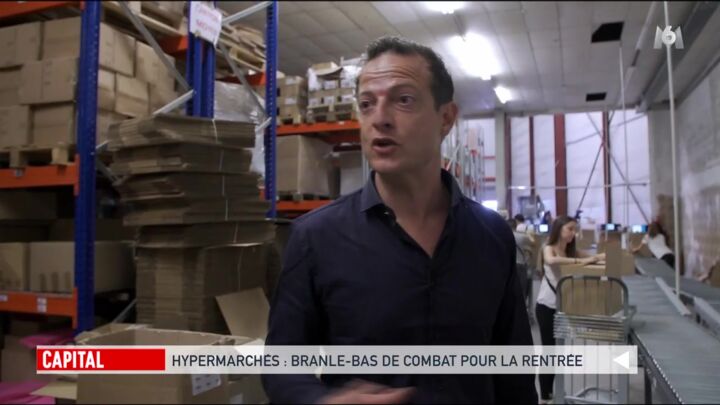
Similarly, the Revolve brand sparked controversy, despite good intentions, over a garment saying "Being fat is not beautiful, it’s an excuse," which was actually part of a collection condemning bullying...

These cases join the example of Dove's 2017 cropped GIF, where an edited clip gave the impression that the brand was racist.

More and more, incomplete or biased versions of events create difficult situations for organizations on social media. The challenge will be to quickly identify these situations and stop their spread. This challenge ties into the issue of fake news, such as what Danone experienced in Morocco.
The unpredictability of digital crises
The most glaring observation in recent months is the total unpredictability of digital crises.
In this sense, the terms "bad buzz" or "digital crises" are definitively outdated. These events are full-blown crises. Only the question of intensity can cause one to speak of a crisis inappropriately, as we should perhaps talk about a "mini-crisis."
For example, I would never have imagined the Disinfolab crisis, given that these were acts and communications I had been conducting for years.
It is highly likely that H&M did not foresee the crisis over the "Coolest Monkey in the Jungle" t-shirt, with its significant impact: over 2 million tweets, spokespeople disengaging, riots in South Africa, etc.
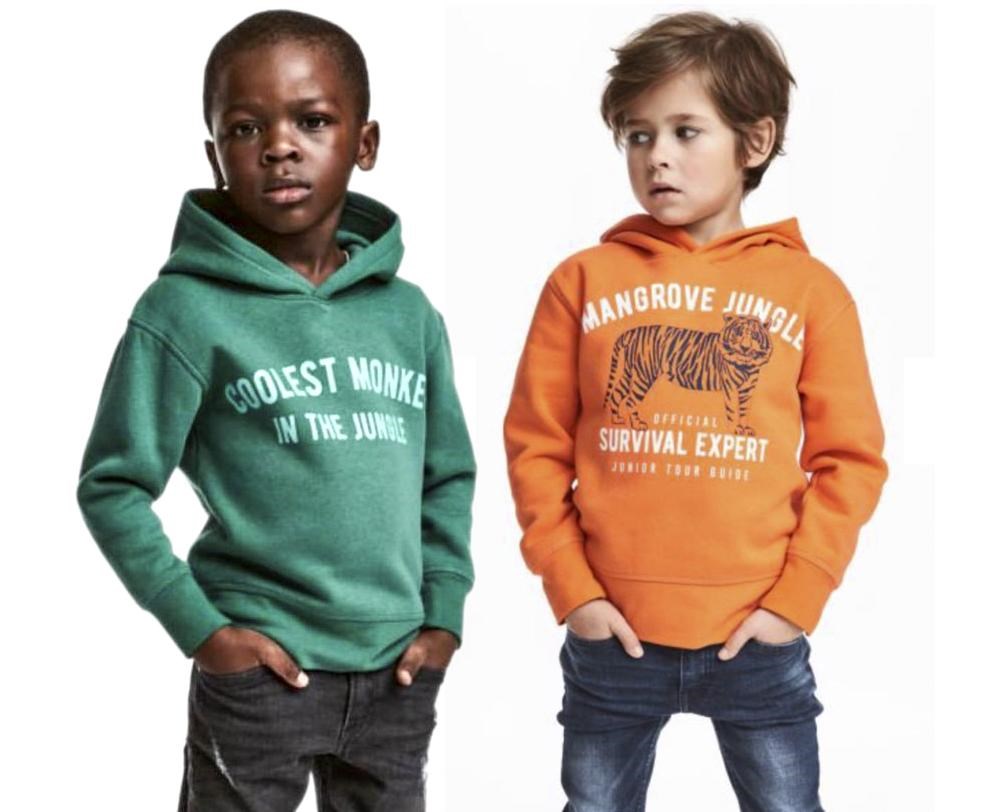
Yet, this type of crisis 2.0 is quite familiar and has never before seen such deployment.
Similarly, Danone could not have imagined a boycott campaign against it in Morocco, especially given that the threat was anonymous and invisible. The fact is that the digital realm can amplify a crisis that would not exist without it, making it a danger after years of digital crises with a negligible impact.
This unpredictability is further heightened by the globalization of crises, as incidents occurring in Paris can, like the Balenciaga case, have a significant impact in China. This leads to the conclusion that there is unpredictability in intensity (volume, impact), origin (false?), and basis (sense of injustice).
In this way, a digital crisis is really just like any other crisis.
Conclusion
This brings us to the following constants and trends:
